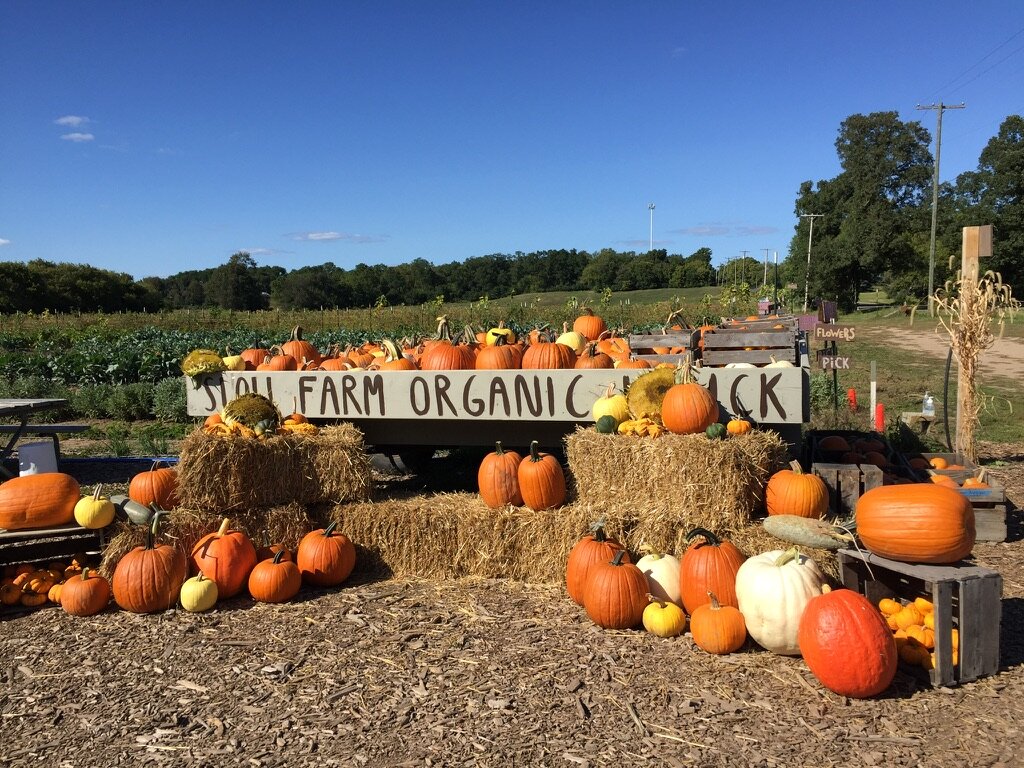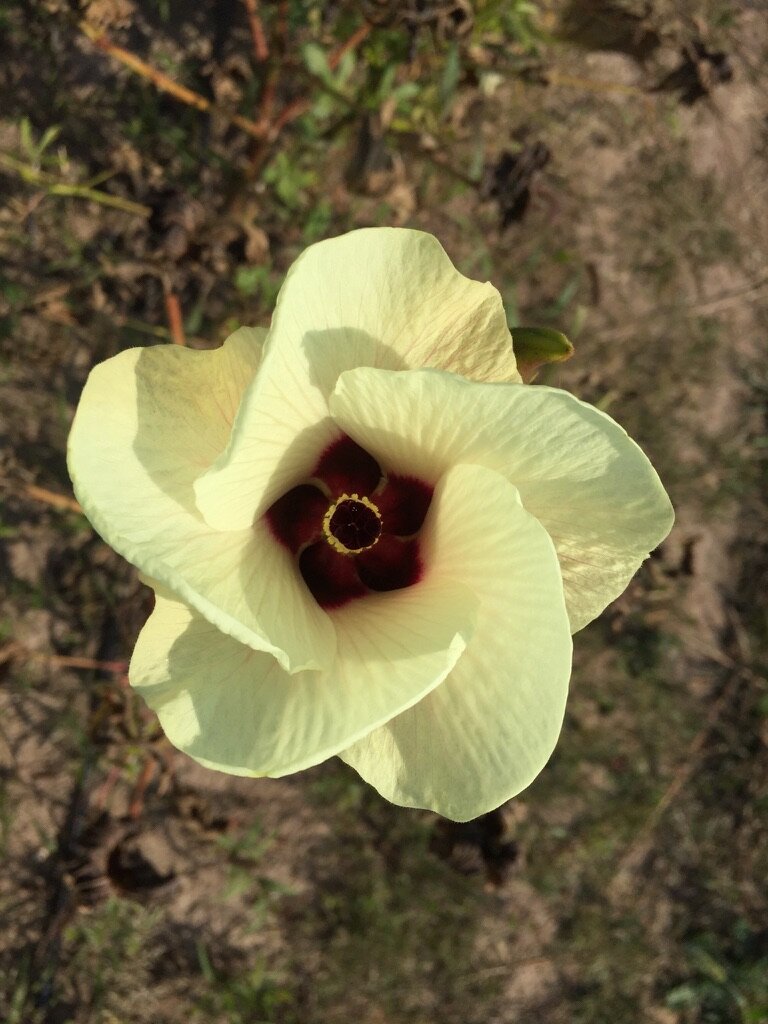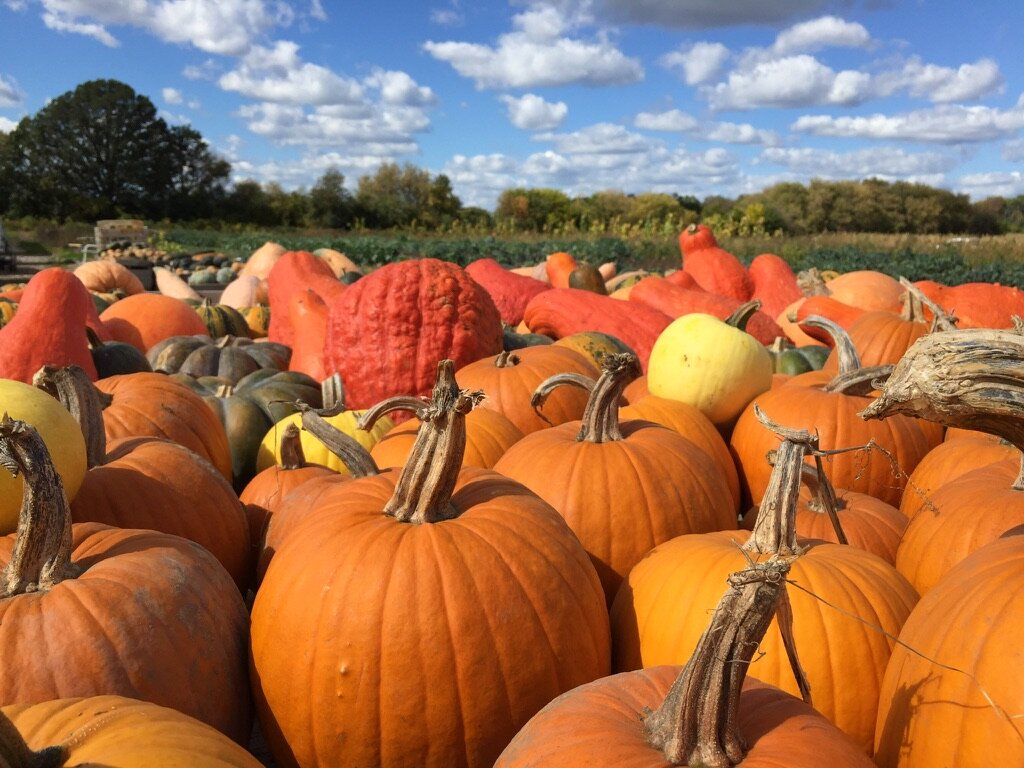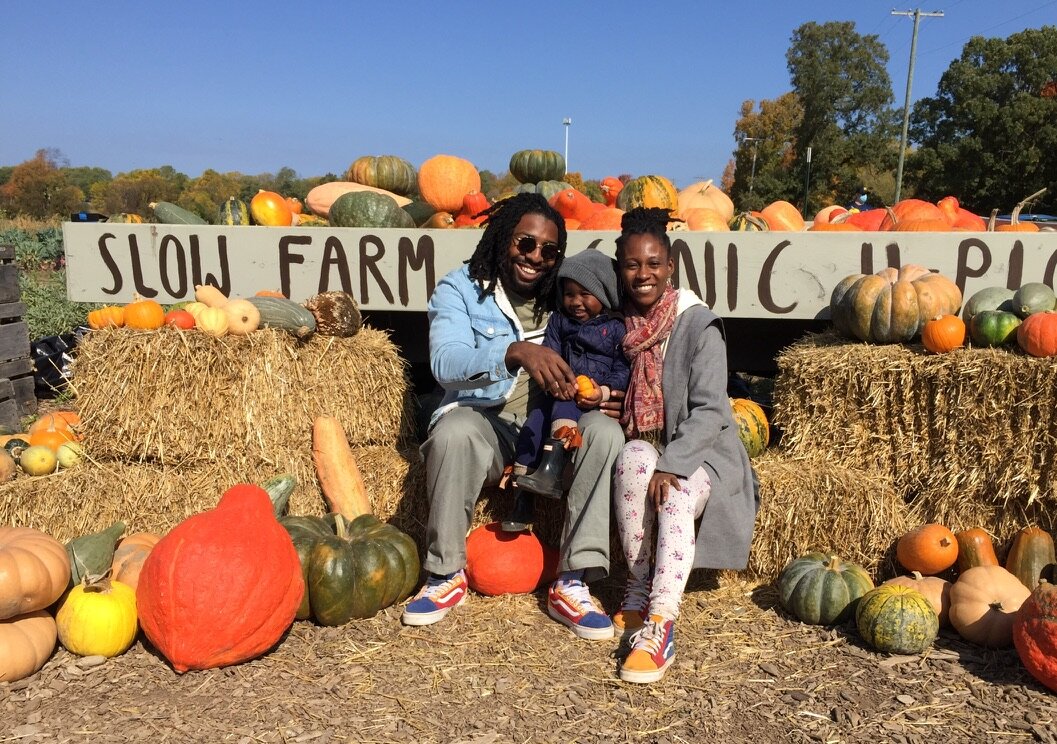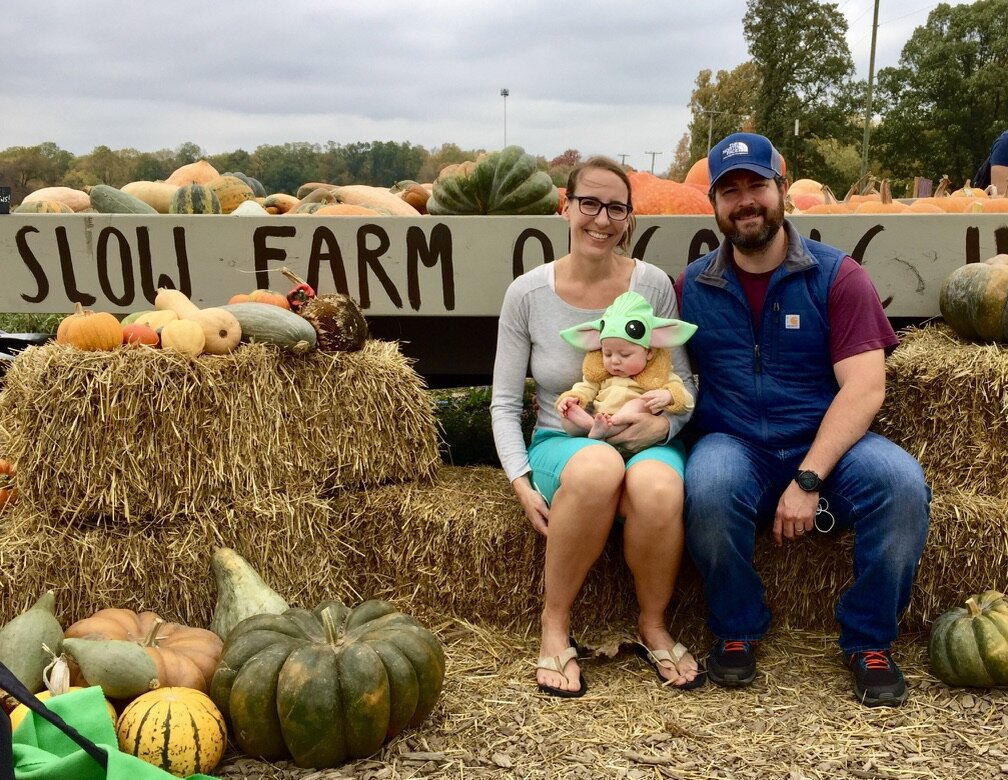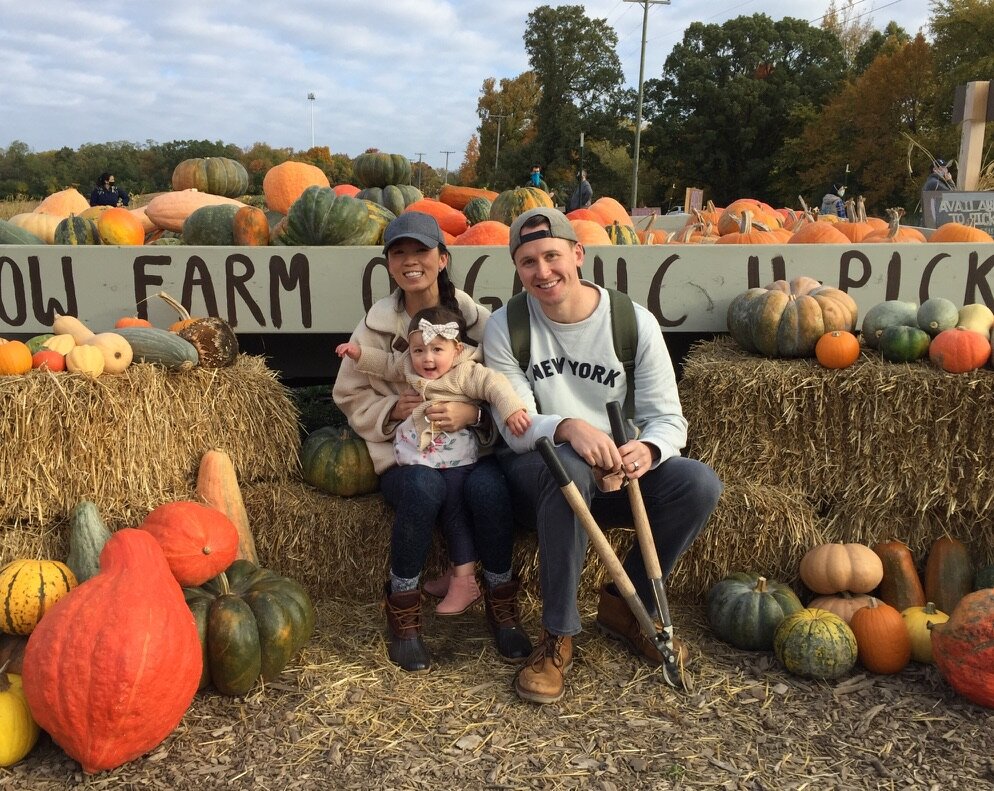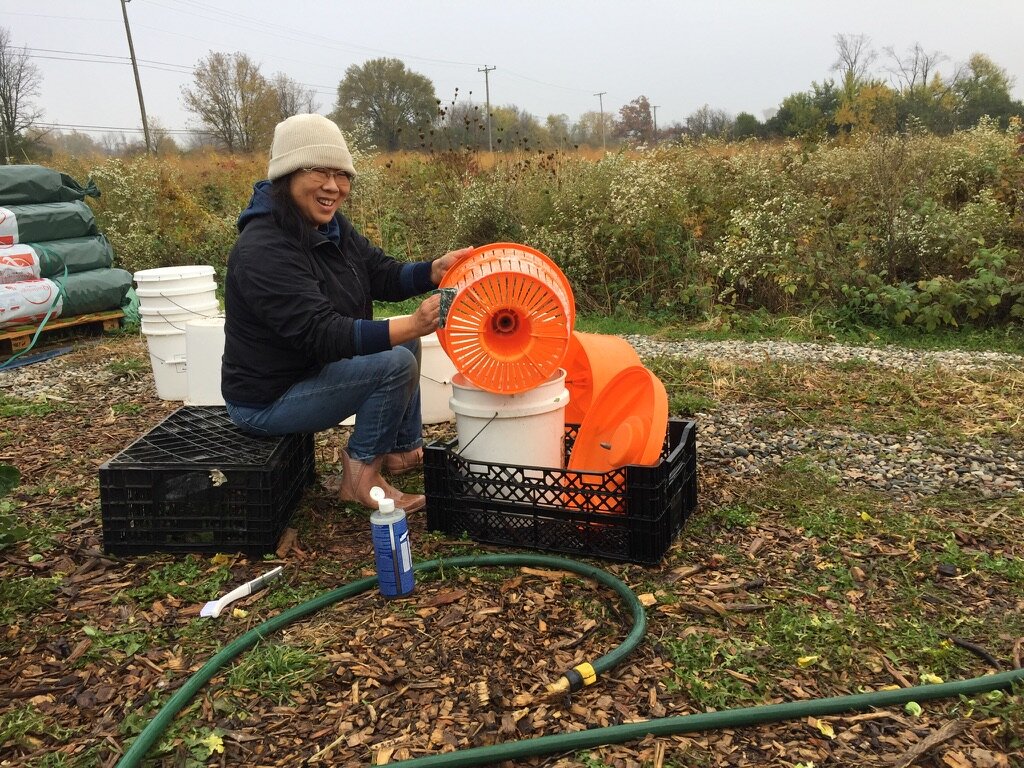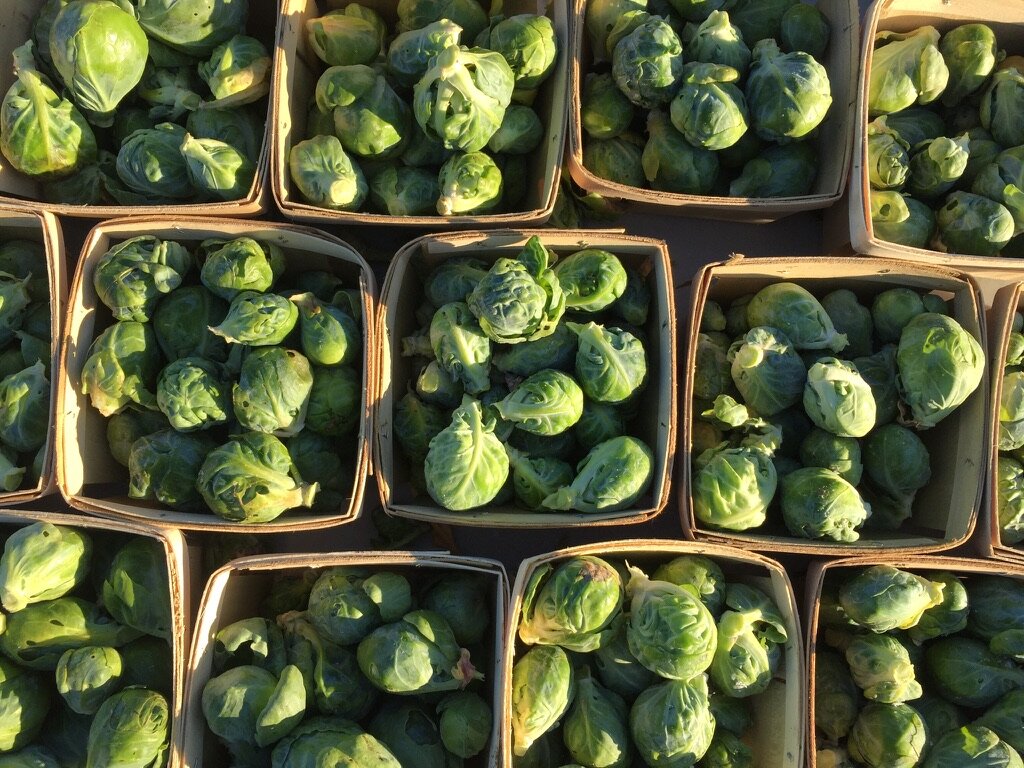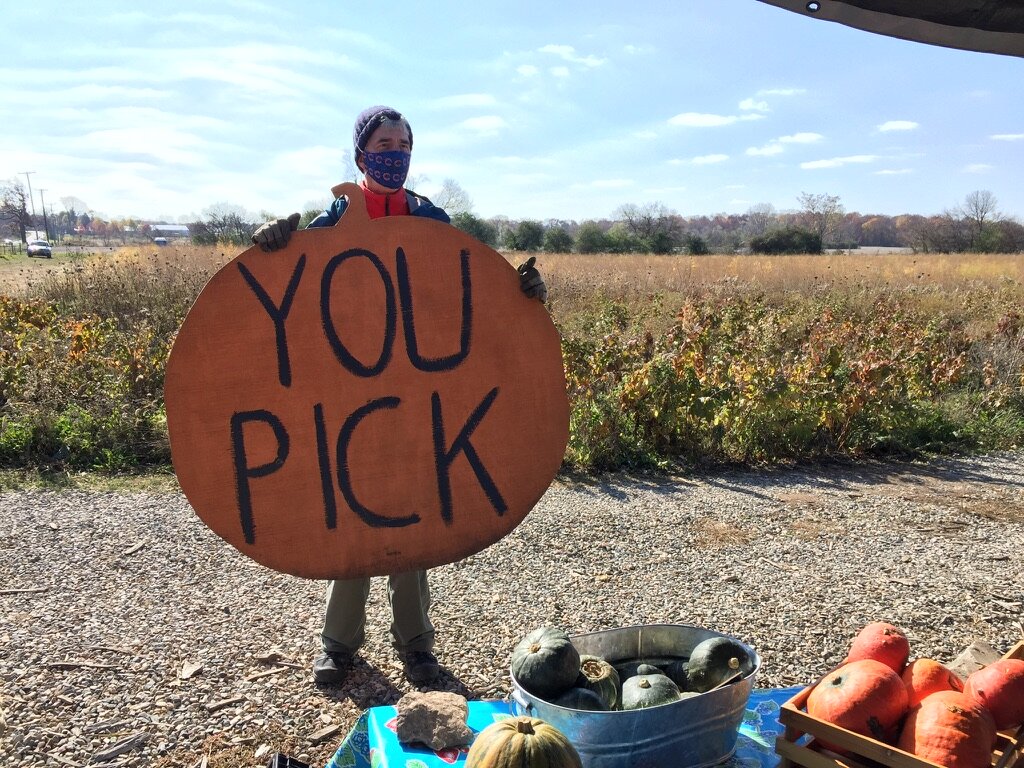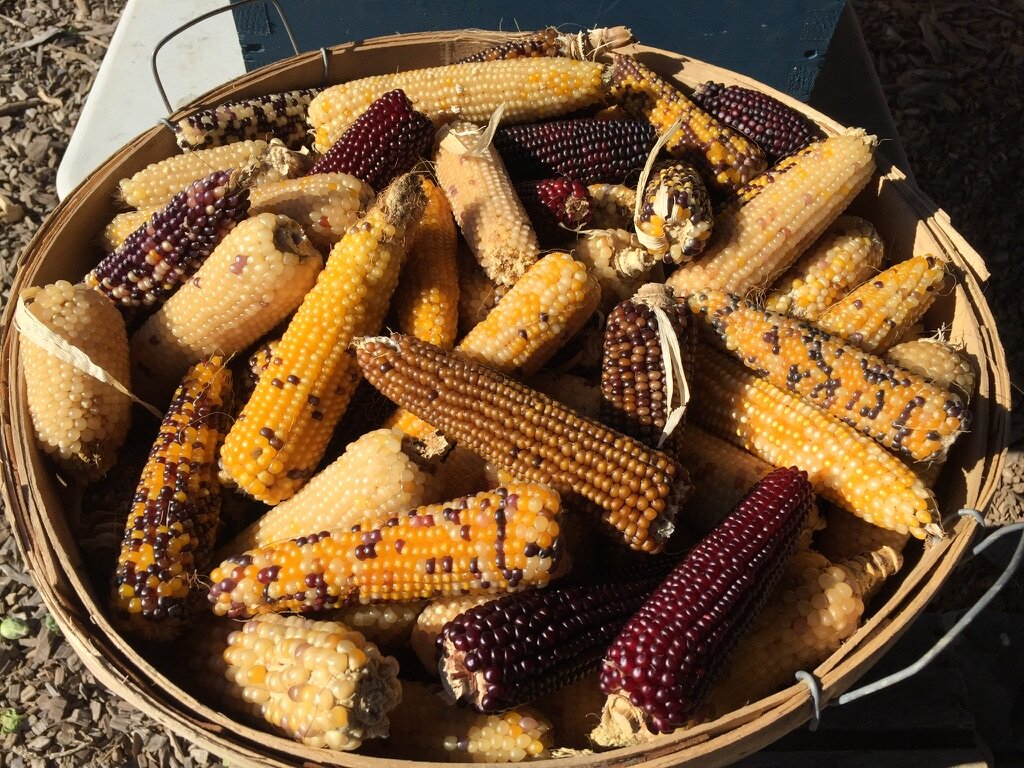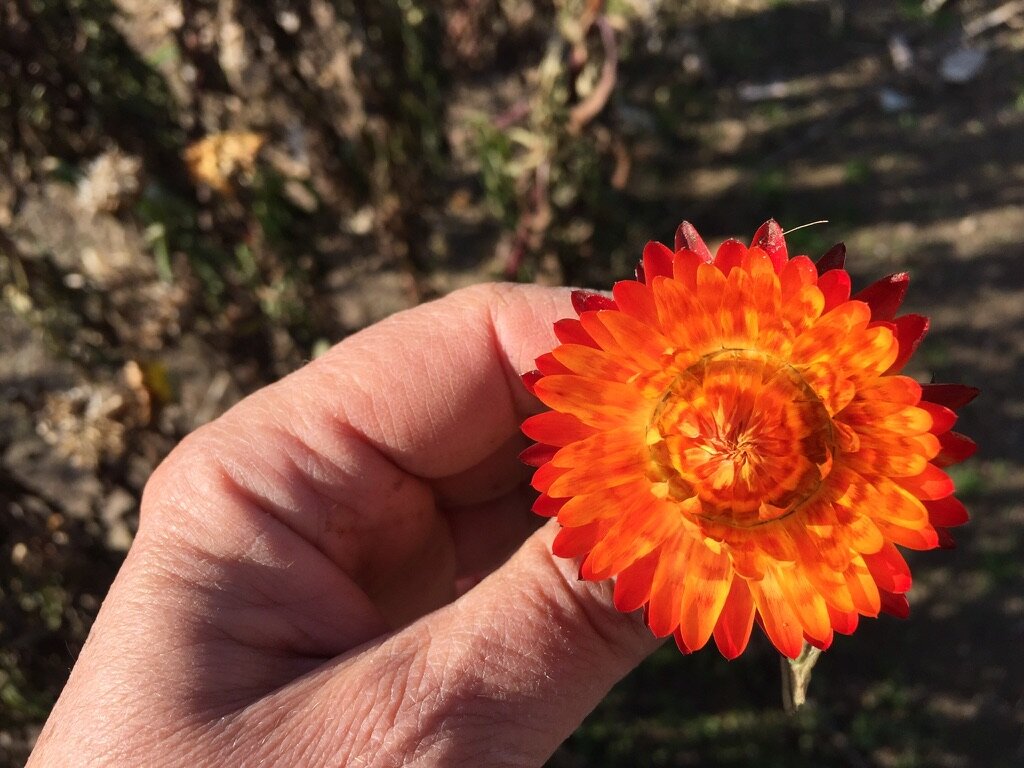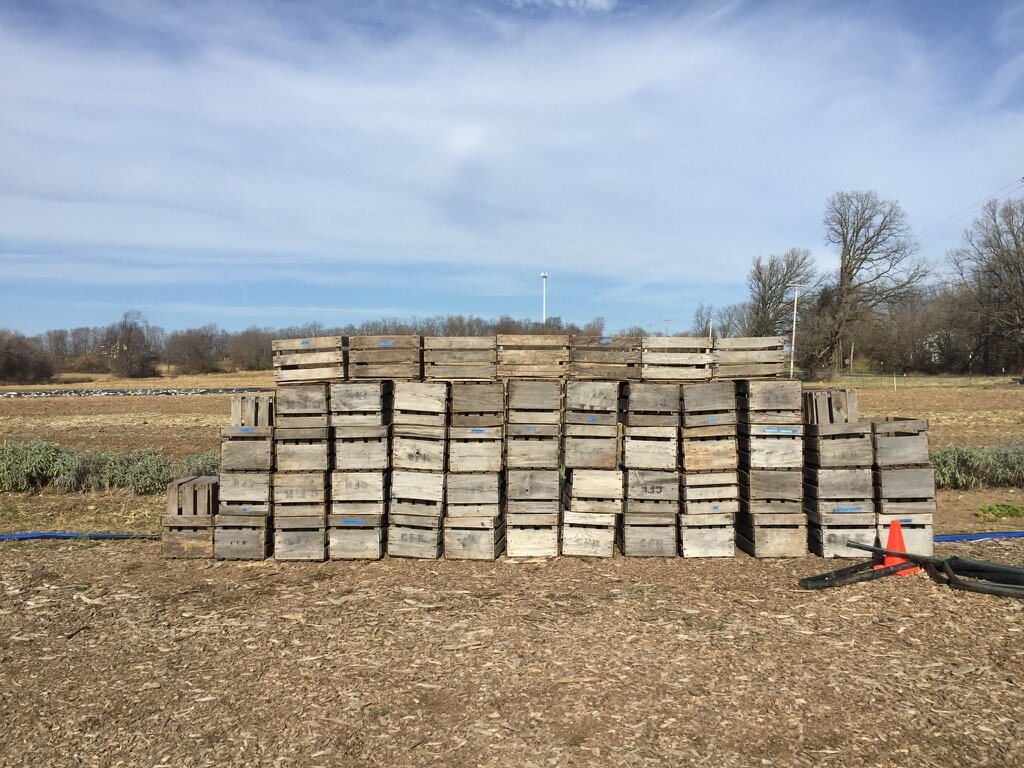We’re done with the darkest days of the year, and now contend with the coldest days. This year’s January has seen some very extended cold without much sun. But somehow the spinach that was planted last September keeps surviving and even thriving through many freeze and thaw cycles, growing sweeter and sweeter using sugar as its natural anti-freeze. The last day of January we had our second spinach harvest of the year.
On a sunny day, the hoop house where the spinach is planted feels practically tropical. That warmth and light and breath of fresh green air is like a magnet for the winter body right now. It’s the only space at the farm where we can work protected from the cold and wind.
This delicate light-filled structure is where the annual cycle of work at the farm begins and ends for us. It was the last thing we planted last year, and soon we will be starting our first seedlings of the year inside a little heated tunnel in that unheated high tunnel.
If there is one reason why everyone should learn how to be a farmer it is that farming is all about systems, dependencies, observation, and feedback loops. I don’t think we can take care of the world without the firsthand knowledge and heartbreak that comes from aligning with and inadvertently breaking these invisible rules of existence that only come into consciousness when you’re trying to grow a perfect tomato or a row of lettuce or an entire field of strawberries. Farming is so interesting and exciting in making you decide every day who you are and how the energy is going to flow in the place you are making.
In the same way that writing making you a writer, farming makes you a farmer. That Nike ad was right. Every day, we’re just doing it. With nothing standing in the way except our own ignorance and fear of discomfort.
And geez, it is uncomfortable. Harvesting spinach is uncomfortable, moving slowly down a row on your knees plucking one leaf at a time into the bucket in front of you. And before that, figuring out how many seeds to plant is uncomfortable. All based on how many bags of spinach or bunches of beets or carrots or radishes we think we can sell, and how many in a bunch, and how many bunches in a row, and how long it takes to plant, weed, harvest, wash, and package all those bunches. How do you even begin to know? But you do begin to know.
A working farm is a miracle really. Especially a diversified organic farm where systems are nested within systems that make up the entire organism. The hope of creating a miracle to share, and of growing new farmers who will create the world anew is the bottom layer of this endeavor, this journey into a new cycle of seasons. The spinach harvesters are the first wave into creating this new year.
